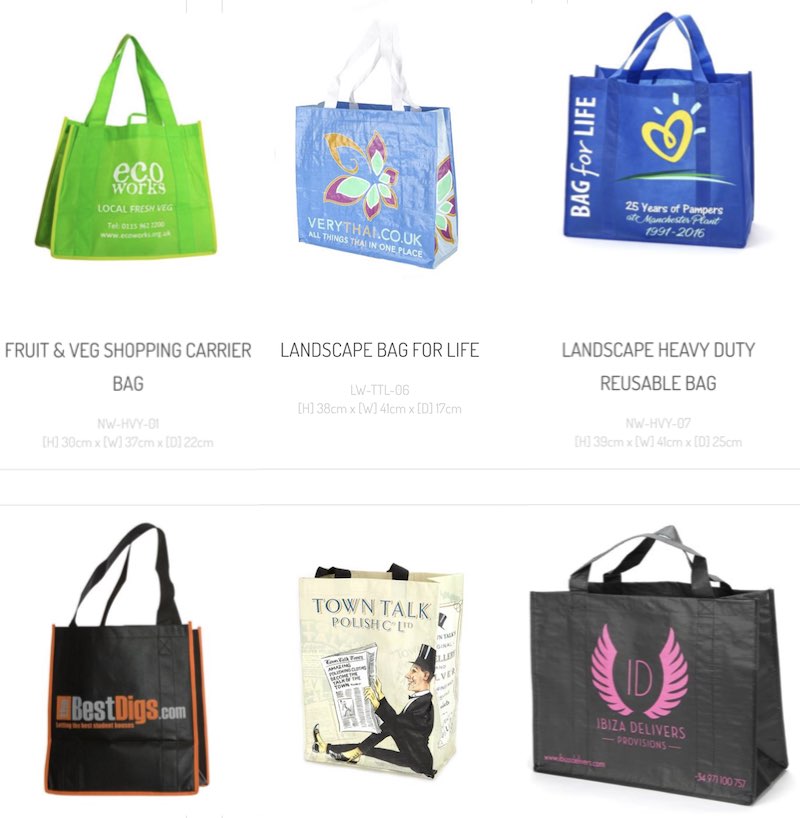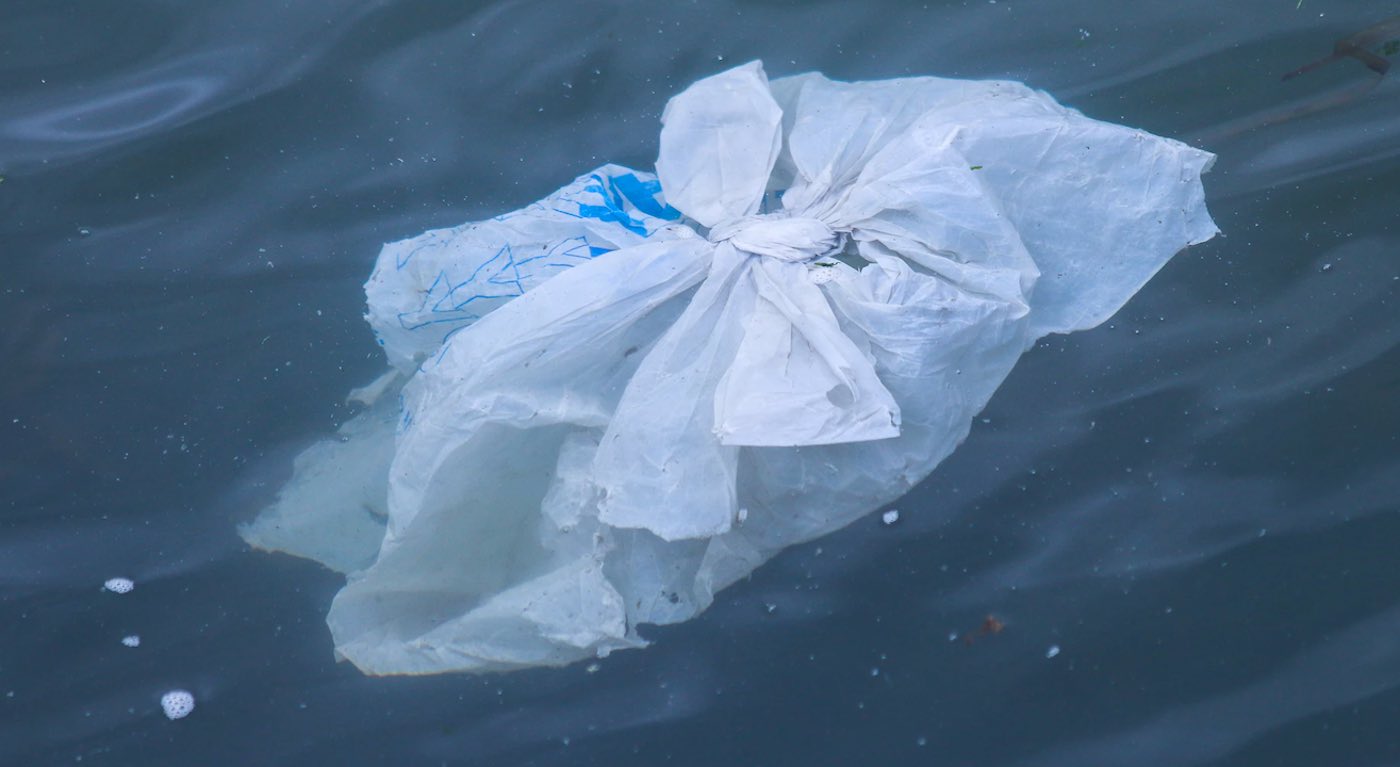Single-use plastic bag sales in England have fallen dramatically since a 5 pence charge on each bag was instituted in October of 2015 in supermarkets and department stores.
Overall, plastic shopping bag use has fallen by 95% in England’s main supermarkets.
Statistics from the Department of Environment, Food, and Rural Affairs (DEFRA) determined that plastic bag use shot up in 2014, as consumers used an average of 140 per year, accounting for 61,000 thousand metric tons of plastic. After taking action to curb the rise by charging 5 cents, widespread use has plummeted—just 4 bags per consumer in the recent fiscal year.
Marks and Spencer, Tesco, Asda, Morrisons, Sainsbury’s, the Co-operative Group, and Waitrose, who together distributed 40% of all plastic bags in the country, have collectively sold 325 million fewer bags than over a period of 2018-19, and remarkably, 1.17 billion fewer than the same period of 2016-17.
RELATED: America’s Largest Grocery Store Chain is Saying Goodbye to Single-Use Plastic Bags
“It is encouraging to see in such a short space of time the huge difference our plastic carrier bag charge has had in reducing the amount of plastic we use in our everyday lives,” said the DEFRA secretary, MP George Eustice.
“We have all seen first hand the devastating impact that plastic bags have on the environment, littering our beautiful countryside and threatening the world’s marine life. I am committed to driving this progress further and I hope this continues to inspire similar action across the globe.”
Consumers throwing bags away isn’t the only part of the plastic-bag problem that requires addressing to stop them ending up in landfills or the oceans. Manufacturing, i.e. supply-side forces, play just as large a role as consumers, i.e. demand-side forces.
POPULAR: Revolutionary New Recycling Method for Plastic and Waste is Solving Two Problems With One Stream
The 5 pence tax applies to unused and unsold plastic bags as well, making retailers pay closer attention to how many they order, which in turn leads to less manufacturing and less waste in the supply side in addition to the demand side.
Meanwhile, an innovative project to offer consumers a ‘bag for life’ (pictured below) promises to be the last one you ever purchase—and sales have skyrocketed to 1.5 billion in 2018.

Produced by smartbag.uk, the Bag for Life is not only a durable bag made from recycled plastic that’s perfect for bulky groceries, it can also be mailed back to receive a replacement if it tears or becomes too damaged, where it will be recycled again and made into a new bag.
INSPIRE More Action By Sharing These Positive Results on Social Media…




















